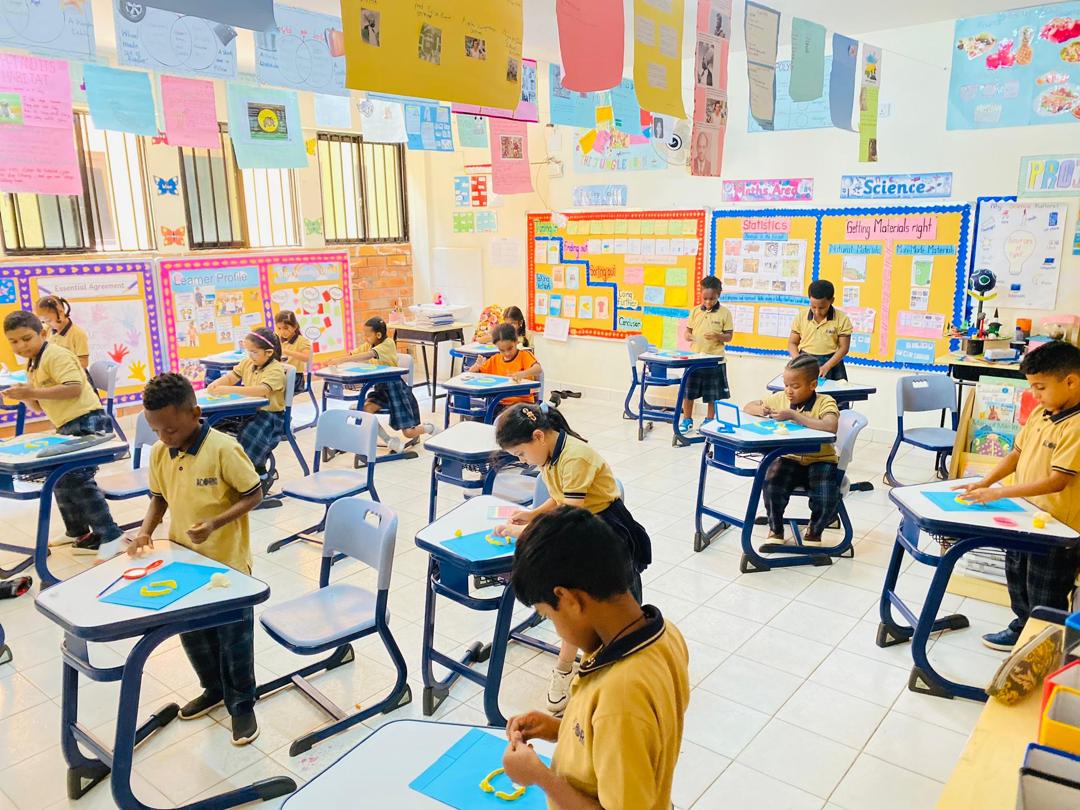Acorns International School
We offer high-quality education.
Our students have the opportunity to learn French on a good level and be able to pass DALF exams.
Our staff is well trained, training never stops as they always have a PD session every Friday.
Our class size is limited to a manageable number.
Our students are well disciplined.


